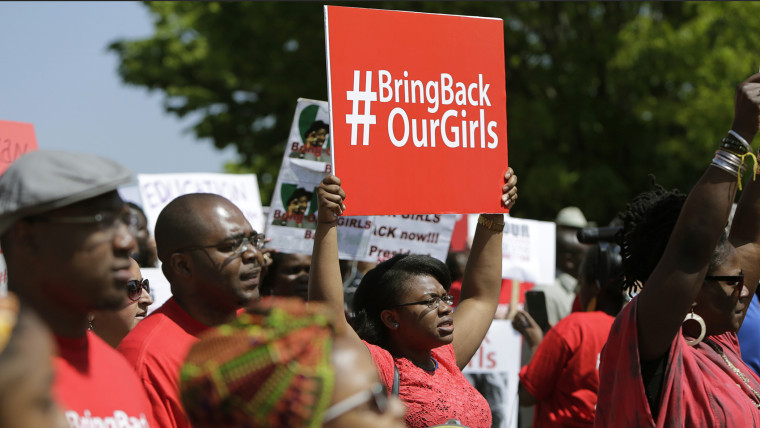Islamist insurgents have killed hundreds in a town in Nigeria's northeast this week, the area's senator, a resident and the Nigerian news media reported on Wednesday, as more than 200 schoolgirls abducted by the militants, known as Boko Haram, remained missing. The latest attack, on Monday, followed a classic Boko Haram pattern: Dozens of militants wearing fatigues and wielding AK-47s and rocket-propelled grenade launchers descended on the town of Gamboru Ngala, chanting "Allahu akbar," firing indiscriminately and torching houses. When it was over, at least 336 people had been killed and hundreds of houses and cars had been set on fire, said Waziri Hassan, who lives there, and Senator Ahmed Zanna. The missing schoolgirls have grabbed the world’s attention, and more offers of help poured in to the Nigerian government on Wednesday from Britain, China and France. But Boko Haram’s deadly attack on Gamboru Ngala was similar to many others in the past several years that drew little or no notice beyond Nigeria. Bodies still lay in the street on Wednesday night, said Mr. Hassan, a cement salesman.
Following the kidnapping of Nigerian school girls by terrorist group Boko Haram, right-wing media are rushing to smear former Secretary of State Hillary Clinton for not designating the group a foreign terrorist organization (FTO), insinuating that the kidnappings might have been prevented had the State Department issued the designation earlier. The baseless attack ignores the facts around FTO designations and foreign affairs.
"Designation is an important tool, it's not the only tool," a former State Department official told the Beast. "There are a lot of other things you can do in counterterrorism that doesn't require a designation." This includes boosting development aid to undercut the causes of unrest and deploying the FBI to assist in tracking down Boko Haram, both of which the U.S. actually did. In addition, Clinton didn't act in a vacuum to determine not to designate Boko Haram back in 2011. Scholars on Twitter who focus on the region, terrorism broadly, and Islamist groups in particular were quick to point out that not only were there few benefits and many possible costs to designation, many of them had argued against listing Boko Haram several years ago. In a letter to the State Department dated May 2012, twenty prominent African studies scholars wrote Clinton to implore her to hold off on placing Boko Haram on the FTO list. Acknowledging the violence Boko Haram had perpetrated, the academics argued that "an FTO designation would internationalize Boko Haram, legitimize abuses by Nigeria's security services, limit the State Department's latitude in shaping a long term strategy, and undermine the U.S. Government's ability to receive effective independent analysis from the region."
